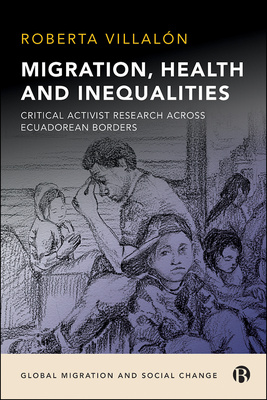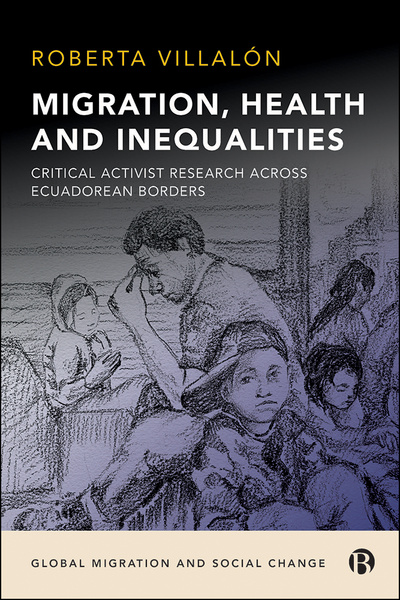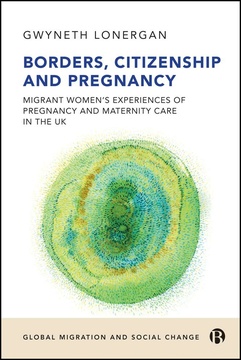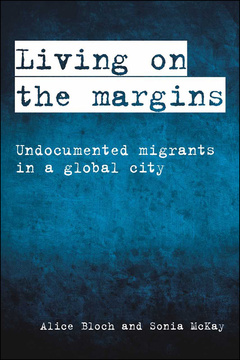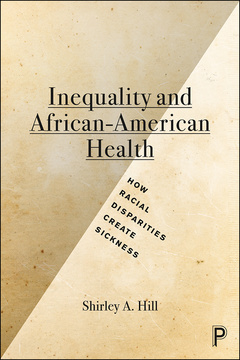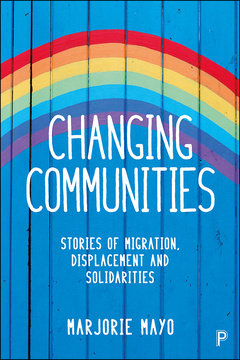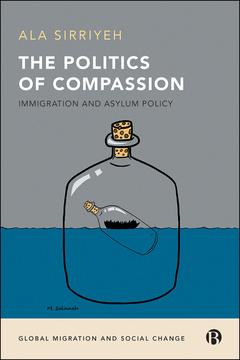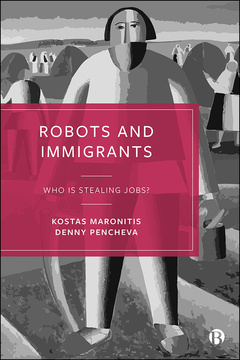Migration, Health, and Inequalities
Critical Activist Research across Ecuadorean Borders
By Roberta Villalón
ISBN
978-1529207118Dimensions
234 x 156 mmImprint
Bristol University PressISBN
978-1529207101Dimensions
234 x 156 mmImprint
Bristol University PressISBN
978-1529207149Imprint
Bristol University PressISBN
978-1529207149Imprint
Bristol University PressDrawing from an activist research project spanning Loja, Santo Domingo, New York, New Jersey, and Barcelona, this book offers a feminist intersectional analysis of the impact of migration on health and well-being.
It assesses how social inequalities and migration and health policies, in Ecuador and destination countries, shape the experiences of migrants. The author also explores how individual and collective action challenges health, geopolitical, gender, sexual, ethnoracial, and economic disparities, and empowers communities.
This is a thorough analysis of interpersonal, institutional, and structural mechanisms of marginalization and resistance. It will inform policy and research for better responses to migration’s negative effects on health, and progress towards greater equality and social justice.
"The book is valuable for sociologists and demographers—as well as practitioners working to improve migrant health—and would make an excellent addition to courses on topics such as migration, immigration, health, and the family." Social Forces
"A rare and unique book. Deeply important read for human rights and immigration activists, and for health providers working with migrants and their families." Mary Romero, Arizona State University
“A very relevant interdisciplinary study of current migrations, successfully integrating health and mental health perspectives.” Joseba Achotegui, University of Barcelona and Hospital Sant Pere Claver of Barcelona
Roberta Villalón is Professor of Sociology at St. John’s University, New York City.
1. Introduction
2. Migration-related Health Processes
3. Coping with the Challenges of Migration
4. Post-migration Family Relationships
5. Transformative Border Politics
6. Conclusion







